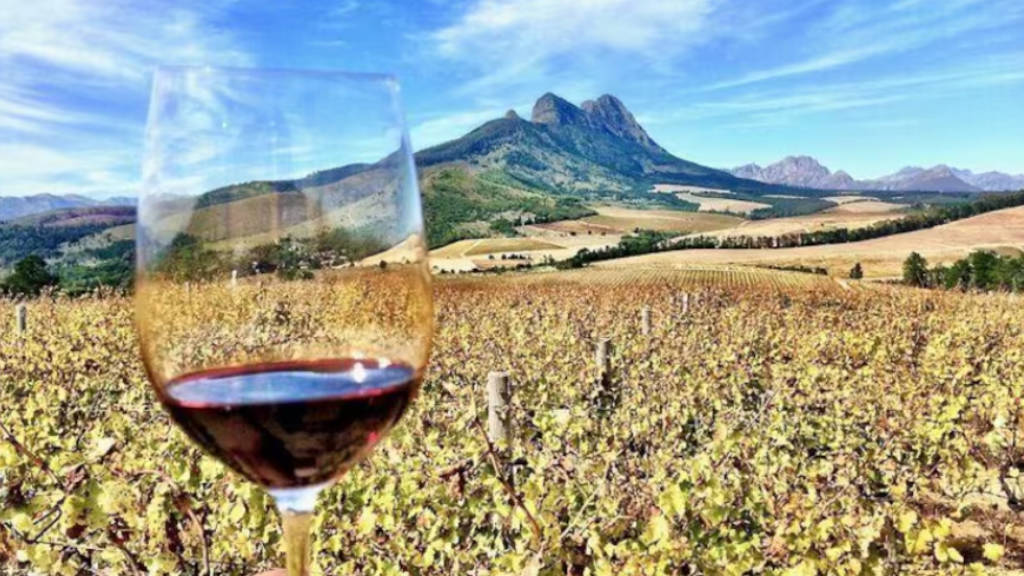South Africa is working with partners to increase exports of wine and fruits to new markets in Russia, according to Pretoria’s embassy in Moscow. The move is part of the African nation’s efforts to expand its market reach beyond Moscow and St. Petersburg, which are its current traditional trade destinations, Cecile Theresa Heppes, an adviser at the embassy’s political department, has stated.
“Our countries already have a very high level of political relations that go back many decades, but our trade relations and our trade performance are not at the level we would like them to be at. Both sides are working as closely as possible to increase trade,” Heppes stated.
South Africa has emerged as one of Russia’s key political allies, particularly as a member of the BRICS bloc. However, the deficit in trade ties between the two countries has reportedly long been a source of concern for local businesses in Africa’s most advanced economy.
According to the United Nations COMTRADE database on international trade, exports from South Africa to Russia totaled US$282.77 million last year. Vladimir Padalko, vice president of Russia’s Chamber of Commerce and Industry, has reportedly stated that the trade turnover between the two countries reached US$1.2 billion in 2023. Pretoria’s main export to Russia had been citrus fruits, with its primary imports from Moscow being chemicals and fertilizers.
South Africa has an extensive wine industry, dating back to its colonial period. The 2022 annual grape harvest amounted to 1.4 million tons (1.06 million litres), of which 81% was used for wine. Currently, about 2,500 farmers cultivate nearly 90,000 hectares of land under vines.
The International Organisation of Vine and Wine (OIV), has reported that 8.6 million hectolitres (1 hectolitre is equivalent to 100 litres) of wine were consumed in Russia in 2023, marking a 3% increase at a time when the global market is shrinking. Russia’s average per capita wine consumption is now 7.2 litres per annum.
All South African wines for export must be granted an export licence. Samples of each batch of wine destined for foreign countries are sent to the Wine Certification Authority at Nietvoorbij, Stellenbosch, where they undergo detailed tasting tests and chemical analysis in the laboratories before licences are granted. An official seal is given to each bottle by the Wine Certification Authority, which verifies that the claims made on the label regarding origin, vintage and grape variety are true. South Africa leads the world in environmental sustainability and regulated production integrity. From the 2010 vintage, a new seal for South African wines was introduced, which traces the wine from vine to bottle. The seal is a world first,and certifies a wine’s integrity as well as sustainability. The Sustainable Wine South Africa website is here.
In terms of international wine production is concerned, Italy leads with 19.3% of the total, France is second with 17.7%, Spain third with 13.8% and South Africa eighth with 3.9%. Wines from the Stellenbosch region are generally considered the finest.
Further Reading
Russia – Africa 2024 Trade & Development – The Latest Updates

 Русский
Русский













